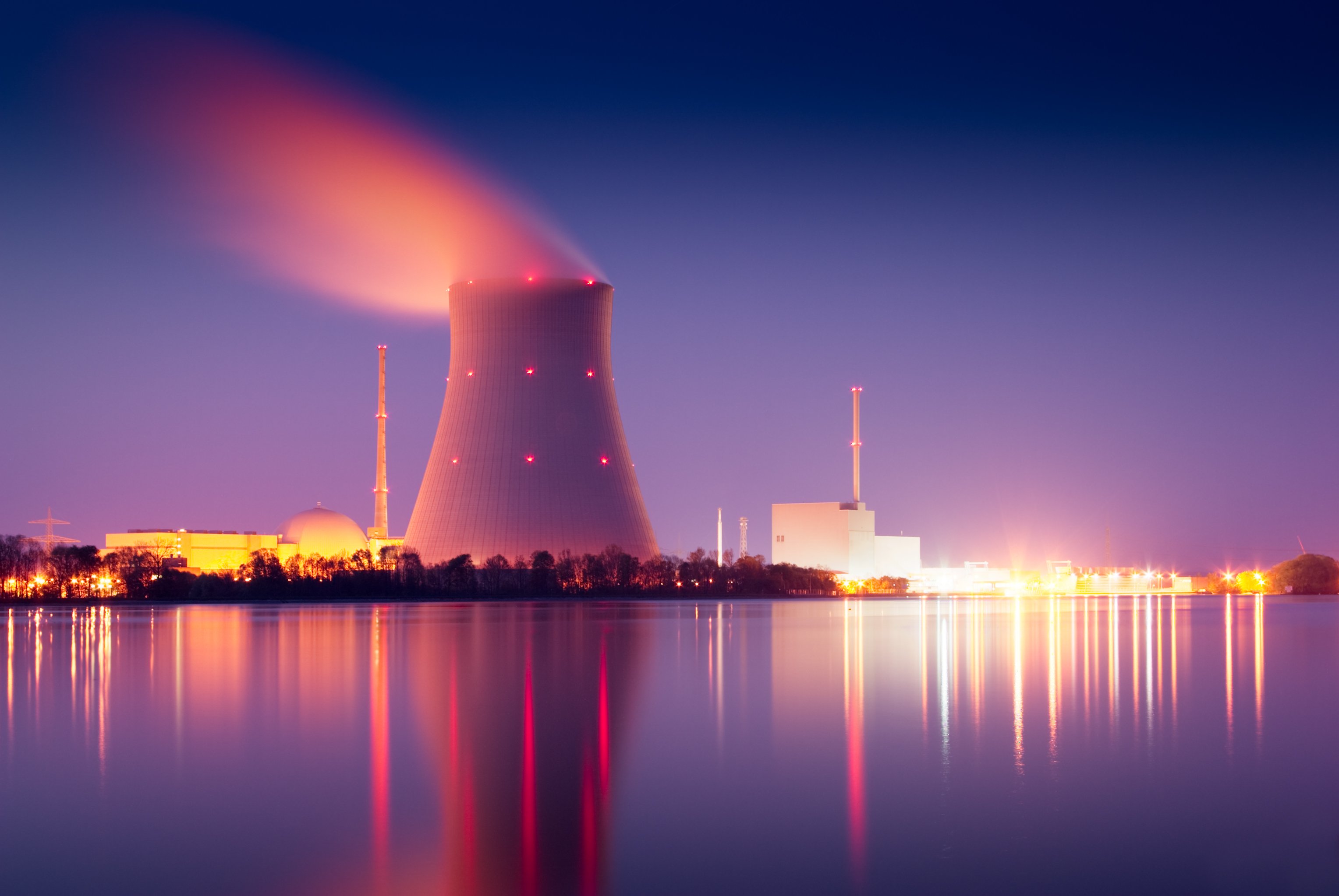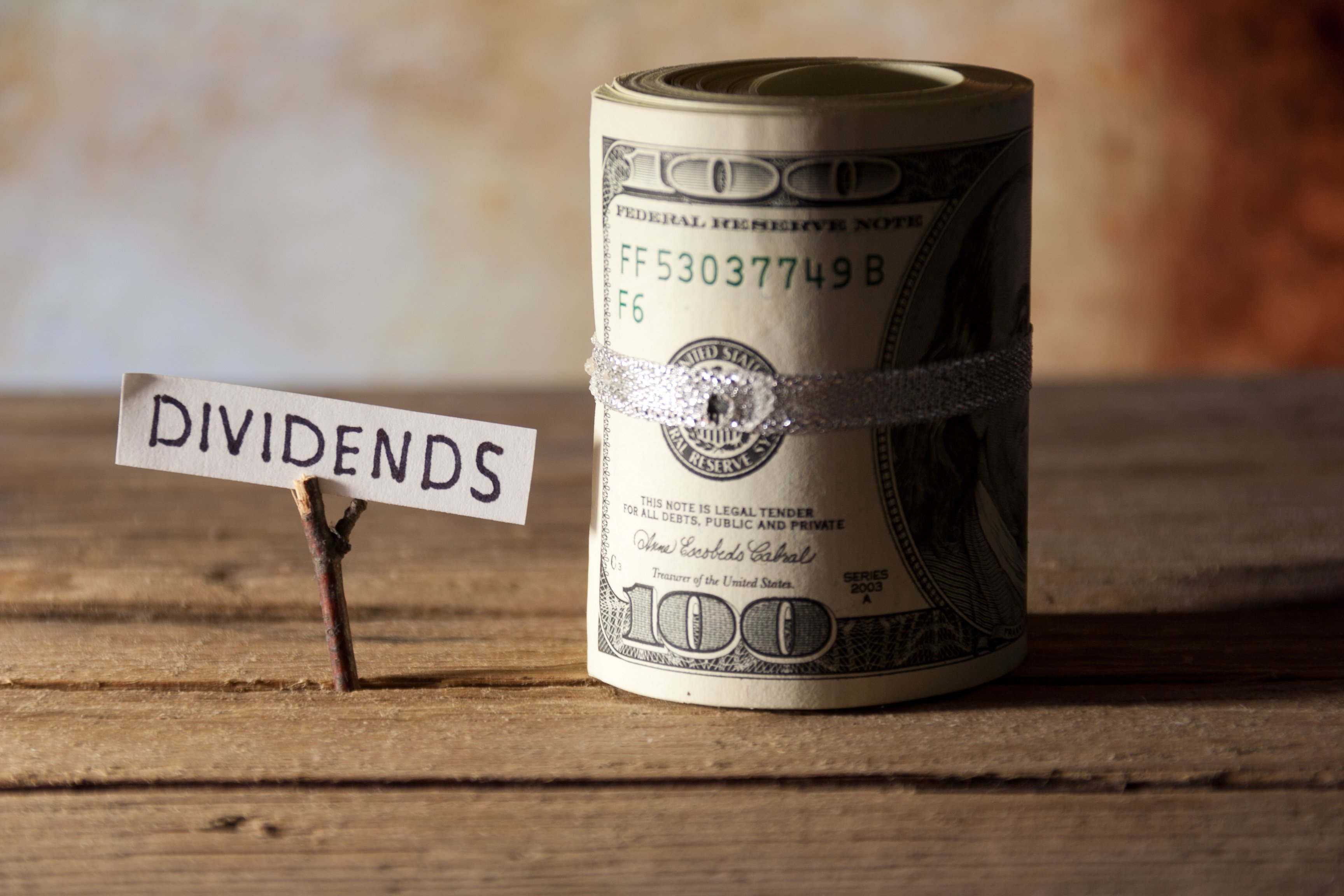Berkshire Hathaway (NYSE: BRK-A) (NYSE: BRK-B) has lots of cash, which is normally a good problem to have. However, as the recent issues with Kraft Heinz (KHC +2.54%) shows, Buffett still needs to make the right deals. In this Industry Focus: Energy clip, host Nick Sciple and Fool.com contributor Matt DiLallo discuss:
- whether Berkshire should buy back more stock
- why Kraft Heinz has been such a drag
- Berkshire's recent purchase of Amazon's stock
- acquisitions Berkshire could consider
To catch full episodes of all The Motley Fool's free podcasts, check out our podcast center. A full transcript follows the video.
This video was recorded on May 9, 2019.
Nick Sciple: The number a lot of folks want to look at today with Berkshire is their cash on hand. They've got $114 billion in cash on the balance sheet, at least at the end of the most recent quarter. Berkshire has said they want to keep $20 billion in cash at all times. That means they've got $95 billion in usable cash on the balance sheet hanging out. Maybe you want to say $85 billion, now that this $10 billion loan or contingent cash infusion to Occidental is going to take place. You've got a lot of cash on hand. Berkshire did buy back $1.7 billion in shares during the first quarter of 2019, which is more than they bought in the whole second half of 2018. Still, a lot of cash sitting around for Berkshire to go to work. Folks have been asking Buffett whether he's going to buy back stock. What are your thoughts? Are you looking for Warren to write a big check and buy back a big chunk of stock? What are your thoughts on how they've been slow playing these buybacks and rumors about them?
Matt DiLallo: I know he's threatened, so to speak, to buy back $100 billion in shares. However, I think he'd much prefer to buy good businesses than buy back stock. You can make more money by investing in a good business than buying back your own stock. Stock buybacks only work in certain circumstances, like if the stock's depressed. If we have a big market pullback -- there's a drawdown this week, with all the trade talk collapse rumors. That could instigate Buffett to buy back more shares. However, I think he really wants to buy a really good business, and they just haven't been there because the market's been doing so well. He's patient. It's a good lesson to all of us to just have cash on the sidelines and be patient. It does drag in the near term, but long-term, you get a good business at a good price, and that's how he's created so much value over the years.
Sciple: Yeah. He's just talked about having that elephant gun wanting to get that haul, big acquisition. But he did mention during the annual meeting over the weekend that it's just become more competitive as more private equity has come out in the market. There's just a lot more people competing for these deals, bidding up the prices of these businesses that might be attractive to Berkshire. It's just been very difficult for them to find deals that are compelling, of very compelling value for them. In an ideal world, Buffett wants to find the deal like we talked about on the first half of this show -- heck, I get 8% in perpetuity on a big old $10 billion slug of an investment? That's what he's looking for. When conditions present themselves, he won't hesitate, like he did with the Occidental deal.
Talking about acquisitions and how you need to time how you buy things. Another thing that Buffett talked about at the meeting was the Kraft Heinz deal. He just came out and said, "Hey, we overpaid for this deal. They're doing well operationally, but if you pay too much, any deal can be a bad deal." As you look at the Kraft Heinz deal and how that's fitting into Berkshire's portfolio, what are your thoughts how its role is going to continue as part of Berkshire? What are your thoughts on that deal in a broad sense?
DiLallo: That's a good example of a deal where you had two big companies merging together, and there was questionable strategic sense at the time -- you had ketchup merging with mac and cheese. Doesn't seem to make sense. It's not really a growth business. There's been a lot of changes with how people are eating. We're trying to eat healthier, we're not eating the packaged foods that you have with the Kraft business. That's weighing on that business. They're not getting the sales and the synergies and all that. So, yeah, he overpaid, but he overpaid just because the business isn't growing. That's the risk with these big deals. They're trying to manufacture growth by doing big mergers. I don't know what the turnaround strategy will be for Kraft Heinz. They're going to need to get into more of these healthy food product businesses to be successful going forward.
Sciple: Yeah. And those brands, traditionally in the consumer's mind, are just not associated with that segment of the market. We'll have to see how things develop. It's a rare instance where Buffett comes out and says, "Hey, I made a mistake." But you have to respect that. As an investor, you're going to make mistakes. But to recognize it, analyze where you went wrong, and incorporate those lessons moving forward, from what's regarded as the best investor maybe ever, it's a good example for us -- when you make mistakes, just own it and try to learn from your mistakes and not repeat them going forward.
We haven't seen Berkshire's 13-F yet, what new investments they've been making. We're expecting that on May 15th. But we did get a little bit of kernel of information over the weekend that a lot of folks have been buzzing about. I want to talk about it for a couple of minutes here with you, Matt. Berkshire's investment managers, Ted Weschler and Todd Combs, one of those has reportedly been buying Amazon recently. When you see Berkshire Hathaway, Warren Buffett, this business that's been the paragon of value investing -- buying low P/Es, all those sorts of things -- moving into Amazon, what's your reaction to that? What's your reaction to Berkshire breaking the mold on what they've traditionally invested in?
DiLallo: It goes back to our earlier conversation. They have all this cash and they need to figure out how to invest it and how to invest it well. There's just been this shift in the marketplace. Old school companies just aren't performing well, but you have these new school companies like an Amazon that are just putting retail out of business. I think you see the disruption there and the upside there. I know myself, it took me years to try to pull the trigger on Amazon because it was just going up and up and up. I think I paid $300 a share at the time. I just had to do it. And now it's skyrocketed from there. I'm glad. This could be one of those familiar situations. Amazon's a very volatile stock. I'm sure he'll have to answer questions at some time. "Why'd you buy it at the high?" Or something like that.
But Berkshire's really started to shift into technology lately, which has been something that Buffett has avoided. It's just because that's where our world is heading. We're a much more connected world. Online retail is such a big part of it. So I can see them doing more of these types of things and in the future. It'll just shift how value investors look for value and look at the total addressable market vs. where things are today.
Sciple: Yeah. I think we're seeing an evolution, whether Buffett wants to admit it or not, or whether traditional value investors want to talk about it or not. Value as an analytical style is different than value on a P/E basis. You can have a company like Amazon that has been, by traditional metrics, overvalued its entire history. You could go back from 1997 when it IPO-ed to today, and by every traditional valuation metric, this is a company that's going to look overvalued on a P/E basis. But if you're looking at it from an analytical style, the valuation of the company today relative to the future cash flows it can deliver, I think the market starting to recognize that that's another way to find value.
Matt, before we go away, it's always fun to talk about with Berkshire, they've got all this cash on hand. If you're sitting on this big $90 billion portfolio today, and you could deploy it anywhere, what would be the big elephant gun acquisition you'd be looking for if you were king of Berkshire Hathaway for a day?
DiLallo: Because he's so into value, the one place that I see value -- and I cover it every day, so it's kind of the only place that I look -- is pipelines. They're trading at such cheap valuations, sometimes less than 9X cash flow. Kinder Morgan, I think that's 9X or 10X cash flow. He could buy something like that and still have some spending money, and get a really good return. These are regulated assets. They throw up a ton of cash, there's growth there. And that was one of the initial things that they thought with the Anadarko deal, that maybe he was interested in Western Midstream, which is their MLP. I could definitely see that being something that, if he hasn't looked at it yet, he should.
Sciple: Yeah, I think that would be really interesting. We've talked about Brookfield Asset Management. That's kind of like the Canadian Berkshire Hathaway. I'd love to see them make a run or make an investment in them, partner up with that business. I think payments is something that Warren Buffett has always been involved with in a meaningful way. I mean, he's been invested in American Express for decades. Somebody like Square would fit in really nicely with that portfolio. We'll have to watch and see. The 13-F is coming out here in a couple of weeks. I'm sure we'll have something to talk about there soon.








